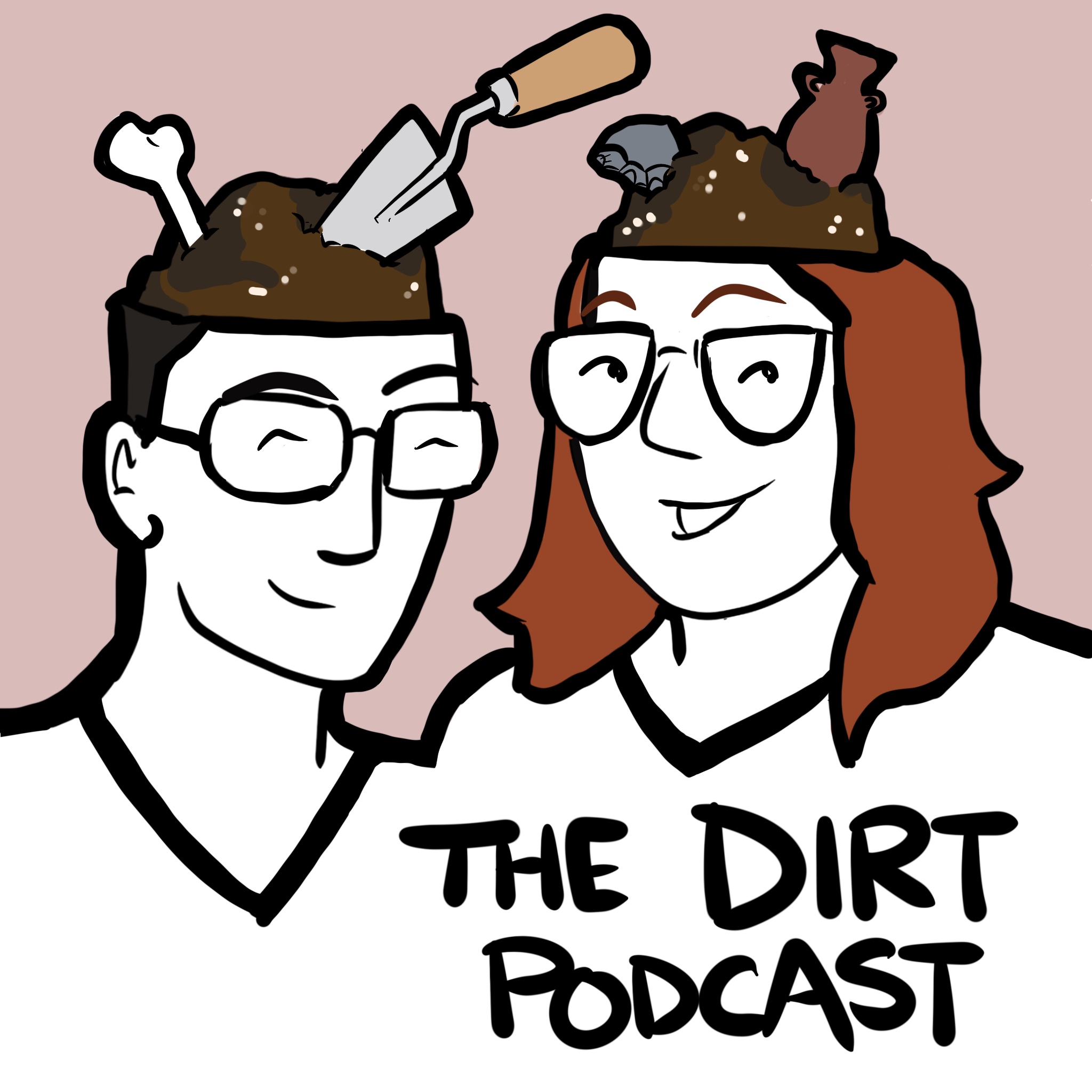Episode 4
Genius With a Neck Beard (Champollion and Heiroglyphs)
Bienvenue, and welcome to Le Dirt! This week, we discuss the discovery and translation of the Rosetta Stone. We brush off our best French accents, geek out over dead languages, and realize that we are very, very bad at pop culture references.
To learn more about the this week's episode, check out:
Digitized versions of Champollion’s work (in French)
Précis (1824) http://gallica.bnf.fr/ark:/12148/bpt6k117252f
Grammaire egyptienne (1836) https://gallica.bnf.fr/ark:/12148/bpt6k1047536s
Robinson, Andrew. (2012) Cracking the Egyptian Code: The Revolutionary Life of Jean-Francois Champollion. Oxford University Press.
Review of Cracking the Egyptian Code from The Independent (Brian Morton, 2012): https://www.independent.co.uk/…/cracking-the-egyptian-code-…

